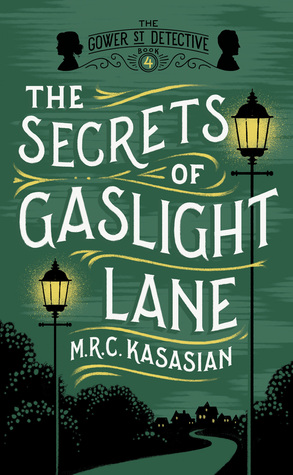People have a tendency to think of the
Victorian era as something ancient and lost in the mists of time. But it is the
closeness of it that fascinates me.
According to Wikipedia, there are at least
4 people still alive who were born during the reign of Queen Victoria. And I have
known people who could remember her funeral.
The Victorians were the first people to be
able to photograph themselves and they did so in vast numbers. No longer
dependent on a flattering portrait painter's interpretation of his client, we
can see exactly what the queen, Prince Albert and all the royal family looked
liked. We can stare straight into the eyes of Charles Dickens, Gladstone,
Disraeli, General Gordon, Florence Nightingale or Isambard Kingdom Brunel.
Through a few brief flickers of cinematography
we can even see the Victorians on the move. Victoria's jubilee procession in
1897 is there for all to watch or there is a clip of the lady herself riding in
an open carriage and holding her pet dog at Balmoral Castle.
Just as astonishingly we can hear the
Victorians speak. The queen sends us crackly, muffled greetings across the
years. And I have a recording of Alfred Lord Tennyson bellowing The Charge of
the Light Brigade into an enormous horn.
If you really think the Victorians are no
longer relevant, spend a few hours in their capital. Londoners live in a city dominated
by Victorian architecture. We travel in their underground and over-ground railway
systems. We drive along their roads, over their bridges and through their
tunnels. We flush our waste down Victorian sewers. Many of us inhabit Victorian
houses on streets they built. We take a stroll in their parks. Kew gardens is
still a major attraction and centre of research and the plants and flowers they
brought to this country still decorate our gardens. We have their statues, the
great museums of Kensington – the V&A, the Science Museum and the Natural
History Museum. The British Museum is loaded with their collections. The Tate
Gallery houses some of their art.
Our government sits in their Houses of
Parliament. The chimes of its clock bell, Big Ben, are still used on British radio
and TV.
Think their writing was long-winded and
ponderous? Pick up any Sherlock Holmes story or browse HG Wells, dreaming of
Time Machines.
And don't let anyone tell you the
Victorians were a humourless bunch. Charles Dickens and Lewis Carol are of that
era and more than capable of raising a smile. Humour dates, of course but I
defy you to keep a straight face whilst reading 'Three Men In A Boat' by Jerome
K Jerome or 'The Diary of A Nobody' by George and Weedon Grosssmith first
serialised in that doyen of satire and cartoons, Punch magazine. And a good
production of Oscar Wilde's Importance of Being Ernest can still have an
audience roaring with laughter.
Oh and, by the way, my Gower Street
Detective series (based on the adventures of Sidney Grice and March Middleton)
is set in Victorian times.
Much has been written about the
achievements (and failures) of the Victorians but that is not my purpose here.
They left their mark, physically, legislatively and linguistically, for better
or for worse, on almost every country around the globe. We can still see and
hear them. We can read their books with genuine pleasure and listen to and
enjoy their music, in the magnificent Albert Hall for example.
The Victorians may have gone but they have
not gone far. They are all around us. Reach out. You can almost touch them.
About the author:

Comments
Post a Comment